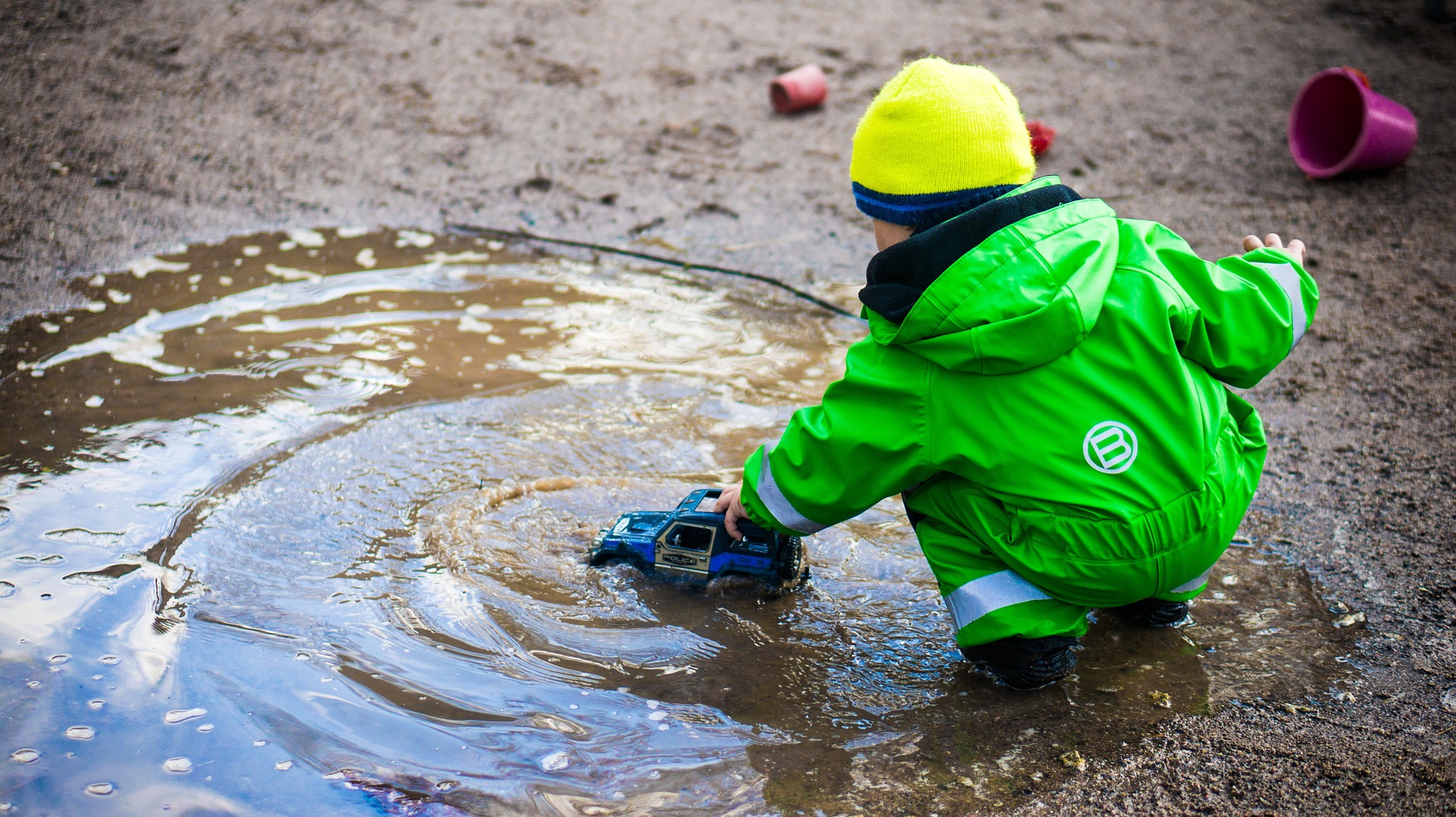SAQ sample: Enculturation
 The following sample is for the question: Explain one study of enculturation.
The following sample is for the question: Explain one study of enculturation.
The sample below is an exemplary response. It was written by Chelsea McGill, IB Psychology teacher at the International School of Brno, Czech Republic.
An annotated copy of the sample response can be found at the bottom of the page.
What is this question asking?
- Enculturation should be clearly defined.
- A study should be chosen that demonstrates the process or effects of enculturation.
- There should be an explicit link that explains what the study teaches us about enculturation.
Sample response
Enculturation is when we learn the shared behaviours and values of our culture. We learn cultural norms through our parents, school, or the media. One way in which we learn these “rules” of behaviour is through direct instruction – that is, rewards and punishments from our parents or other “gatekeepers” in our society. One major form of enculturation is the formation of our gender identity within a culture.
One study into enculturation is Fagot (1978). This study looked at how parents directly influence gender identity, which is although dependent on biological sex, is shaped by cultural norms. The aim of this study was to observe parental reactions to behaviour that wasn’t deemed appropriate for the child’s gender, at least according to American culture at the time. Fagot carried out naturalistic observations among 24 families, 12 families with boys and 12 with girls. They found that parents acted more favourably towards their child when they acted according to their gender norms and expectations. Boys were encouraged to play with toys that build strength while girls were encouraged to play with dolls or dress up.
This study demonstrates enculturation as it shows parents directly teaching and instructing children about what is and isn’t appropriate behaviour according to their culture’s gender norms. Parents were reinforcing culturally appropriate behaviours by influencing such things as choice of toys or ways of playing for their children. Parents further supported these norms by encouraging boys to be independent and active while girls were encouraged to be dependent and passive. These types of experiences and direct instruction shape our ways of thinking, or schemas as well as our personal identity. Parents have a direct influence on our adoption of culturally appropriate behaviour and identity and therefore play an important role in enculturation as seen in Fagot’s study.
374 words
What are common problems with this response?
- Enculturation is not correctly or poorly defined.
- A study of acculturation is used instead of a study of enculturation.
- The study is poorly or inaccurately described in terms of the aim, procedure and findings.
- There is no clear explanation of what the study teaches us about enculturation.

 IB Docs (2) Team
IB Docs (2) Team
